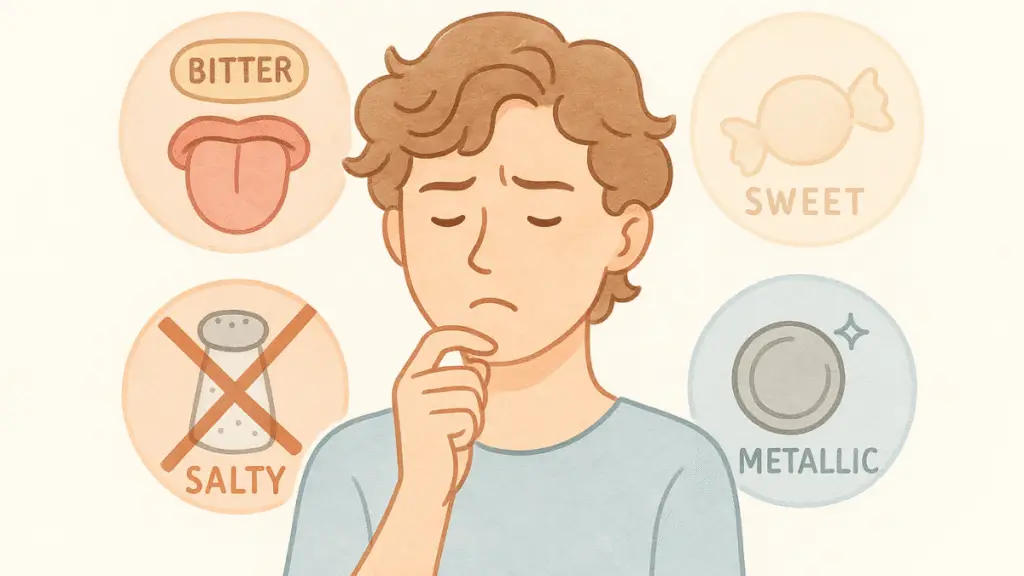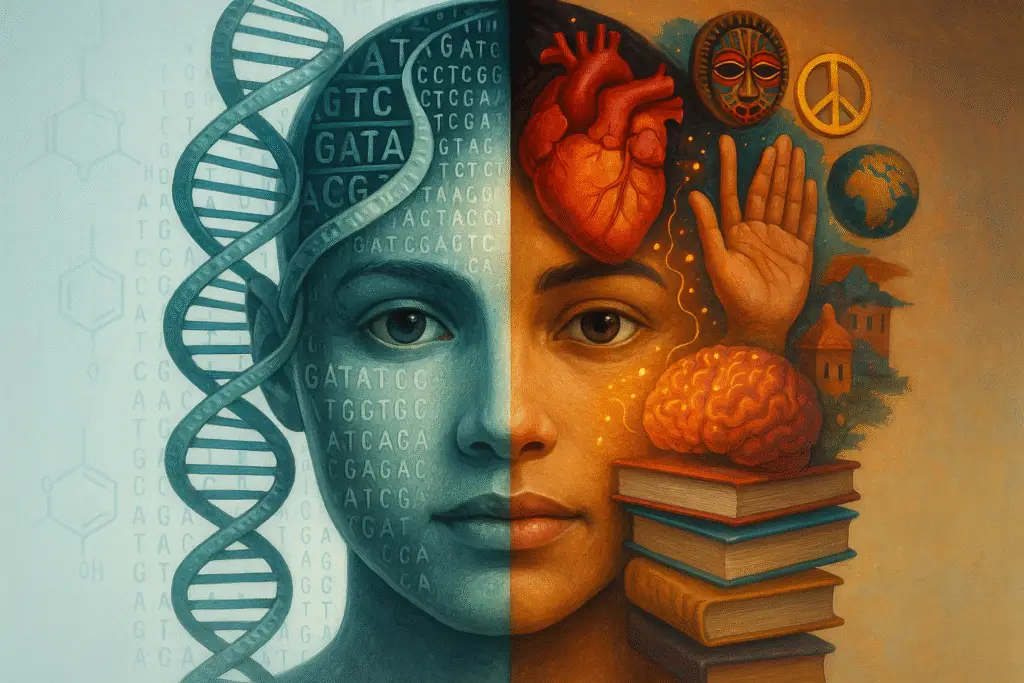Is taste genetic? We already answered this question in our previous article.
Most of us experience all 5 basic tastes, which are sweet, sour, umami, salty, and bitter. However, taste perception varies among individuals and even between populations. That’s because of differences in gene variants. But,
There are some rare cases of genetic mutations and clinical conditions in which, due to some alteration in specific genes or pathways, people go from complete loss of taste to selective inability to sense a particular flavor.
In this article, we will discuss 7 such rare genetic mutations and medical conditions that can alter the sense of taste.
Key Topics:
Ageusia- Total loss of taste:
Ageusia refers to the total loss of your sense of taste. This condition may be the result of infections, certain medications, nutritional deficiencies or other factors. Heavy smoking is also a major cause of ageusia.
At the genetic level, these conditions lead to mutation or variation in the taste receptor genes or signaling pathway genes and cause ageusia.
Hypogeusia- inability to taste anything
Hypogeusia is a taste disorder that refers to reduced ability to taste. Basically, hypogeusia is a rare condition where flavors are perceived but in a weaker or diminished way.
This taste disorder can arise due to nutritional deficiencies (zinc), dental issues or underlying health conditions. It’s also a common early symptom of COVID-19.
If we look at the genetic angle of this disorder, hypogeusia may result from partial loss of function in the taste receptor genes such as TAS2R38 or TAS1R2.
Read more: Is Behavior Genetic?
Dysgeusia- food tastes metallic
People with this condition feel that all foods taste metallic, sour or unpleasant even when eating regular foods. It can occur due to ongoing treatments like chemotherapy or medications. Nerve (associated with taste signaling) damage also cause dysgeusia.
Dysgeusia can also be linked to variation in the taste receptor genes and ion channel genes.
Dysgeusia is also a common side effect of chemotherapy. The chemotherapy drugs can damage the rapidly dividing cells of the tongue and taste buds, which interrupts their normal renewal, leading to loss of proteins encoded by the taste receptor genes. Although these effects are temporary, they sometimes result in severe distortion of taste.
Read more: 5 Traits You Won’t Believe Are Genetic.
Selective taste inability – unable to detect a specific taste
It is a condition in which a person is unable to detect a specific type of taste, though the other taste perceptions remain normal. For example, some people may be unable to taste sweet but can normally detect the salty flavour.
This condition is largely influenced by the genetic variation in specific genes. Variation in TAS2R38 is the most studied example in which sensitivity to bitter compounds such as PTC and PROP is lost.
Individuals with certain variants of genes related to the bitter taste receptor are non-tasters, unable to perceive bitterness. Similarly, defects in PKD2L1could impair sour taste.
Read more: 10 Hot Topics In Genetic Research/Studies for 2024.
Congenital aglossia with altered taste – no tongue, no taste
This is an extremely rare case in which a person is born without a tongue. Despite the absence of a tongue, several studies have claimed that the person with congenital aglossia still has some ability to sense taste.
Congenital aglossia is often linked to Mutations or abnormalities in genes associated with fetal development and growth.
Super tasters – Taste superpower
Supertasters are people who experience certain flavours, especially bitterness, very intensely and with great intensity. The reason here is variation in the gene TAS2R38, which encodes a bitter taste receptor.
People with the PAV haplotype are typically supertasters and are highly sensitive to bitter compounds like PTC and PROP.
Non-tasters – No taste
Non-tasters hardly notice the bitterness. Individuals with the AVI haplotype fail to detect bitter compounds like PTC and PROP. This difference strongly influences the food choices; for example, supertasters often avoid bitter foods like broccoli, while non-tasters find them mild and like the taste of broccoli.
Read more: What is Gene-Environment Interaction?
Wrapping up:
Taste seems like a normal daily activity; I am sure most of us don’t even know that taste is a genetic trait. But these rare genetic variations and medical conditions reveal how taste is a complex sense.
Again, it is genetic, but shaped by environmental factors, lifestyle and life experiences. If you want a complete breakdown on taste genetics, read our previous article. Subscribe to Genetic Education for more genetic insights.


